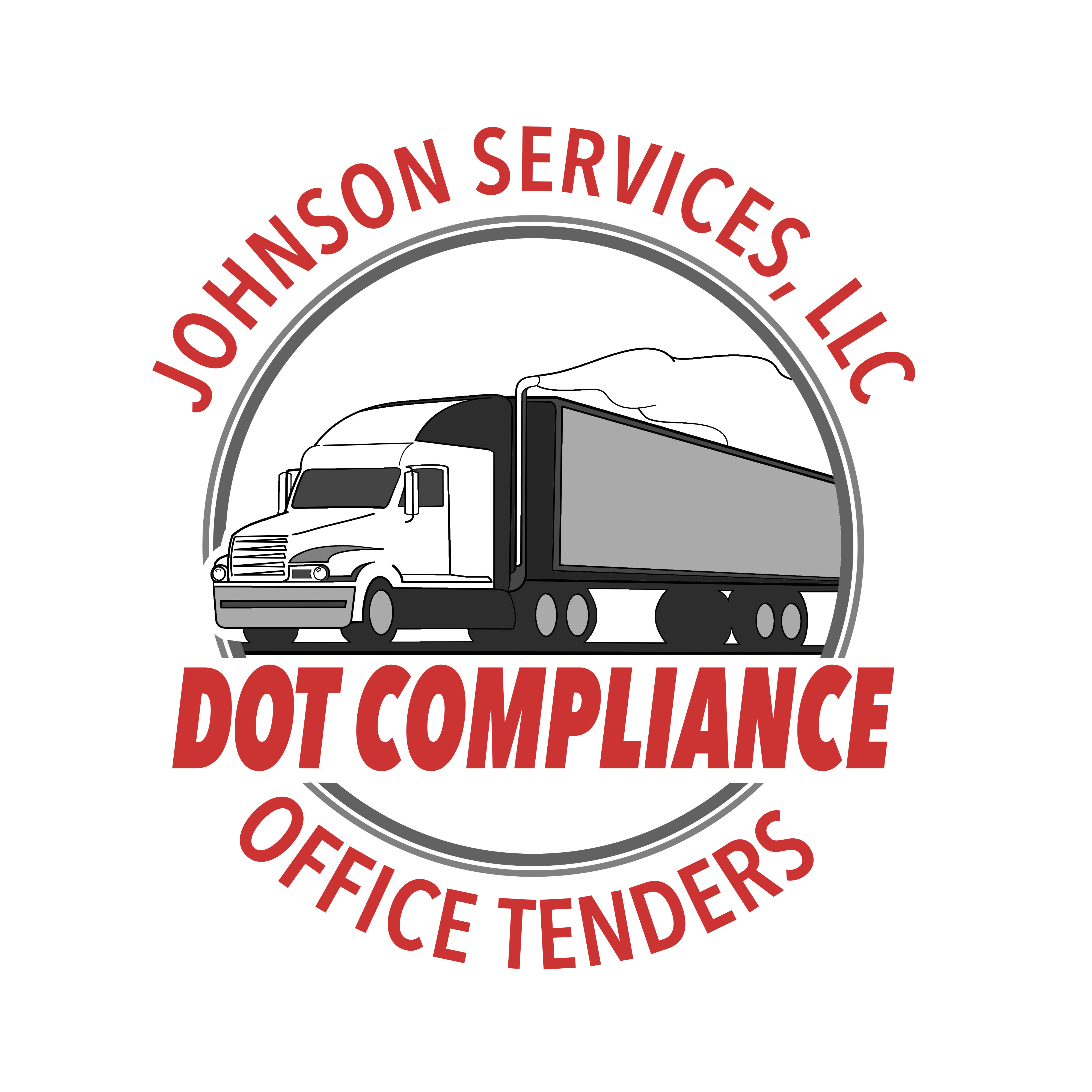In an industry overflowing with paperwork requirements, one less daily obligation can make a big difference. This is the hope for the proposed change to the Driver Vehicle Inspection Report (DVIR) requirement that is expected to go into effect on December 18th, 2014. In fact, the Federal Motor Carrier Safety Administration (FMCSA) estimates that this one change will save the industry $1.7 billion a year, and over 47 million hours of Commercial Motor Vehicle (CMV) drivers’ time.
What the DVIR Rule Change Means for Drivers
For CMV drivers, this means that, although a mechanical inspection is still required, there will be no need to fill out a form indicating that there is NO problems. If during a pre or post trip inspection, the driver does find mechanical or safety problems, the driver must still fill out the appropriate forms to report the issue. But no more DVIR’s reporting nothing at all.
Amongst daily logs, deliver tickets, trip reports, fuel and expense tracking, damage reports, and various other DOT paperwork requirements, many in the industry welcome this change. A good portion of a truck driver’s work week is spent completing paperwork, and the many regulations can be difficult to keep track of. A simple missed entry can result in the truck being placed out-of-service. The FMCSA hopes that this coming change will help prevent such actions, allowing drivers to focus on more important issues.
Some in the trucking industry don’t agree that this DVIR requirement reduction will actually make that big of a difference. Especially since many of these negative reports are automatically included in the driver log book paperwork, and the drivers must still demonstrate that they are in fact completing inspections, as well as documenting maintenance. And some drivers have concerns about reports regarding trucks that are driven by multiple drivers.
What DVIR Requirement Reduction Means for Trucking Companies
Trucking companies are as bogged down with DOT paperwork as drivers, needing to keep records of so many driver reports filed as well as driver qualification files, various policies and procedures, and so on. The coming lightening of the DVIR requirements means that trucking companies no longer have to keep a record of negative inspection reports that don’t indicate a safety or mechanical problem.
FMCSA Can Focus on Safety with New Ruling
For the FMCSA, the change is all about safety. As only 5% of driver inspections result in finding a mechanical problem, there is a lot of reports to go through to no end. This will theoretically help the FMCSA focus in quicker on actual safety issues instead of wading through unnecessary paperwork.
The ruling, which will be going into effect on December 18, was originally proposed in August of 2013 as a component of a plan to reduce the burden of the trucking industry. It was expected to be published in October of this year, but pushed back to this month. It’s important to note that drivers operating CMV’s carrying passengers are still required to file negative resulting inspection reports, as they are presented with a unique combination of cargo and potential distractions.
What is your reaction to the DVIR requirement change? Is this going to make a major difference for you, or do you believe there are more important things to focus on in the trucking industry? We’d love to hear your opinion!
Office Tenders Inc. Eases Trucking Company Paperwork Burden
When it comes to DOT paperwork, Office Tenders’ is here to help trucking companies and drivers! We understand the many requirements, and our DOT paperwork services can not only save you time but help prepare you for a DOT audit. Office Tenders provides log book auditing, drug and alcohol testing services, and driver qualification files assistance. Have questions about how your trucking company can benefit from these services? Feel free to contact us any time!

